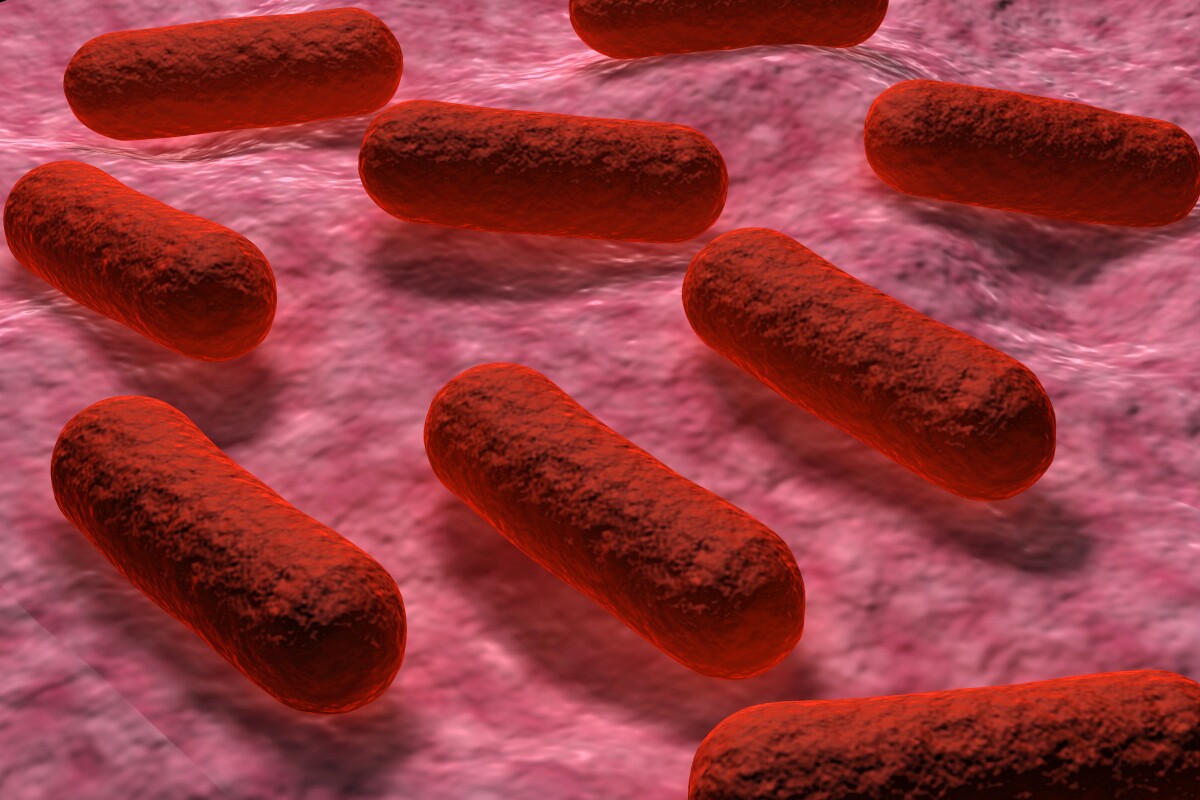The portable 3D-printed tool is being developed by a team led by Dr. Euiwon Bae and Prof. Bruce Applegate, at Indiana’s Purdue University. It’s known as a silicon photomultiplier, or SiPM.
Users start by rinsing a food sample, adding a proprietary “enrichment liquid,” then leaving the sample to incubate within that solution. The liquid contains a specially-modified phage, which is a virus that infects bacteria. If any harmful bacteria are present in the sample, the phage thus infects them.
Another chemical is then added, which causes the infected bacteria to emit light. The SiPM is able to count the individual photons (light-transmitting particles), sending the data by Bluetooth to a smartphone or laptop. That device in turn advises users as to the amount of bacteria present in the sample.
In a test of the technology, the scientists inoculated store-bought ground beef with E. coli bacteria. When the SiPM was used to analyze the meat 10 hours later, it successfully detected the microbes.
“Our assay offers higher sensitivity, lower cost, better portability and other distinct advantages when compared to existing detection methods,” says Applegate, who is now commercializing the device via his spin-off company, Phicrobe.
A paper on the research was recently published in the journal Applied Optics.
Source: Purdue University
2020 Feb 05
–
(For the source of this, and other equally important articles, please visit: https://newatlas.com/science/sipm-bacteria-detection/)












